Our technology platforms: Genomics
August 1, 2022
Over the next few weeks we will be featuring stories about our different technology platforms, their work and research, and the facilities available to researchers. These are also featured in our 2021 Annual Report. First up, we look at the genomics facility: Deep Seq. The Future Food Beacon invested in numerous items of equipment to increase …
Fieldwork in the Yucatan during the Covid-19 pandemic – An interview with Karla G. Hernandez-Aguilar
April 16, 2021
Karla G. Hernandez-Aguilar is a PhD candidate on the Palaeobenchmarking Resilient Agricultural Systems (PalaeoRAS) project. Photograph above: colour diversity in a maize variety called Gallito (little rooster) harvested in the same milpa plot in Xoy community in Southern Yucatan – by Karla G. Hernandez-Aguilar When was your first research trip to the Yucatan and how did it go? My first …
From China to the UK during the pandemic – An interview with Dr Yiqun Gao
January 8, 2021
Dr Yiqun Gao is based at the Shanghai Institutes for Biological Sciences. He is a Newton International Fellow at The Future Food Beacon and we are grateful to him for travelling to the UK to take up his Fellowship on 1st November 2020, right in the middle of the UK’s ongoing Covid-19 pandemic! His brave decision …
Genomic sequencing and Covid-19
April 30, 2020
Deep Seq, the University of Nottingham’s state of the art high-throughput genomics facility, is currently part of the COVID-19 Genomics UK Consortium, mapping the spread of coronavirus. We spoke to Prof Matt Loose and Dr Christopher Moore, about the work, the equipment they use, and how they are adjusting to this new challenge. Tell us …

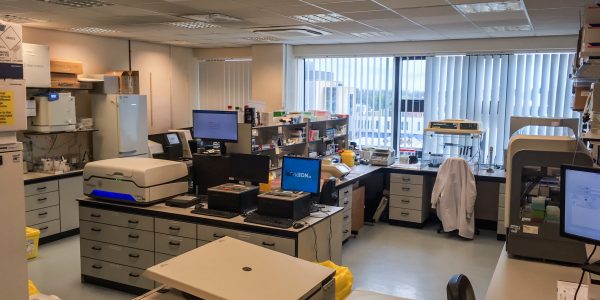

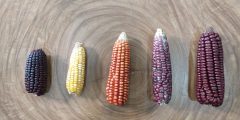

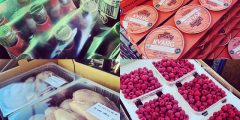


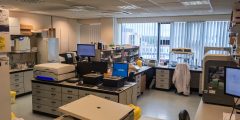
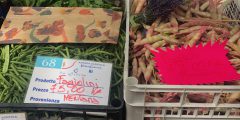
Recent Comments